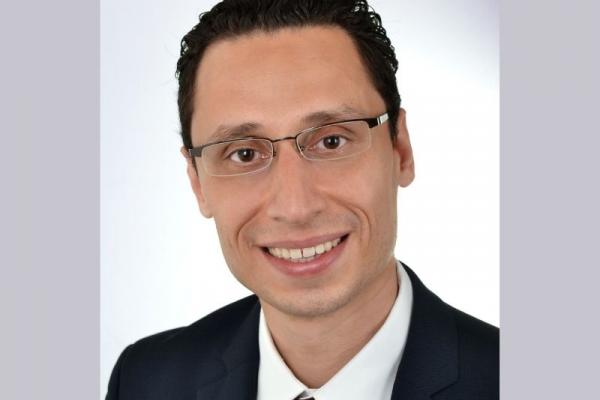Max-Planck-Gesellschaft zur Forderung der Wissenschaften EV
Max-Planck-Gesellschaft zur Forderung der Wissenschaften EV (MPG) is Germany's most successful research organization. 18 Nobel laureates have emerged from the ranks of its scientists, and more than 15 000 publications are published each year in internationally renowned scientific journals, proofing the outstanding research work conducted at Max Planck Institutes. 86 Max Planck Institutes and facilities conduct basic research in the service of the general public in the natural sciences, life sciences, social sciences, and the humanities. Max Planck Institutes focus on research fields that are particularly innovative, or that are especially demanding in terms of funding or time requirements.
Work in TREX will be developed at the Max Planck Institute for Solid State Research (MPIFKF). These are some of the phenomena which scientists investigate at the Max Planck Institute for Solid State Research. Solid-state materials include metals, ceramics and even crystals of organic molecules. Just how the structures of these materials affect their electrical, mechanical and magnetic properties, is what solid state researchers seek to understand. To this end, the researchers particularly focus on solids at the nanoscale, which behave differently compared to materials in larger dimensions. To miniaturize electronic circuits even further or to prepare for the electronics that will follow on from the silicon era, the behaviour of these solids needs to be controlled.
Role in TREX
MPG will coordinate the FCIQMC developments in the TREX project. The research will be conducted by the Electronic Structure Theory department. The research group is interested in the development of ab initio methods for treating correlated electronic systems, using quantum chemistry and quantum Monte Carlo methods. These include full configuration interaction quantum Monte Carlo (FCIQMC), density matrix renormalization group methods, and many-body perturbation theories. Methodologies are needed to accurately solve physical systems in which the ground (and excited state) electronic wavefunctions are strongly multiconfigurational (i.e. cannot be well-represented by a mean-field type wavefunction), and for which a high degree of basis-set flexibility is also necessary.
Relevant infrastructures and facilities
The Alavi group has access to medium-sized computational facilities at the MPIFKF, as well as large scale Facilities at the MPG HPC facility in Garching, Munich.






